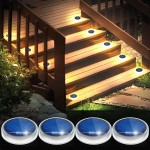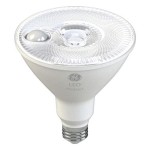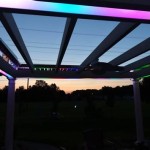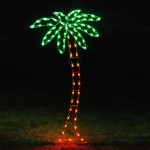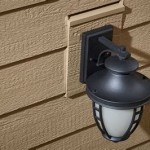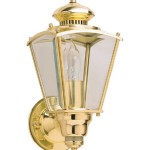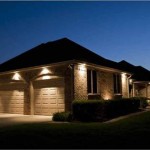What Type of Wire Should Be Used Outdoors?
When it comes to outdoor wiring, choosing the right type of wire is crucial for safety, performance, and longevity. Exposure to the elements, such as moisture, sunlight, and temperature fluctuations, requires wires designed to withstand these harsh conditions. Here are the essential aspects to consider when selecting wire for outdoor use:
1. Direct Burial vs. Conduit:
Determine whether the wire will be buried directly in the ground or run through a conduit. Direct burial wires have a thicker insulation and jacket to protect against damage from soil and moisture. Conduit-rated wires provide additional protection and can be used in areas where digging is not feasible.
2. Conductor Material:
Copper and aluminum are the primary conductor materials used in outdoor wires. Copper offers superior conductivity and corrosion resistance, making it more durable but also more expensive. Aluminum is a cost-effective option but is more susceptible to corrosion and requires special connections.
3. Insulation Type:
The insulation protects the conductor from moisture and other environmental factors. Commonly used insulation materials for outdoor wires include cross-linked polyethylene (XLPE), polyvinyl chloride (PVC), and polyethylene (PE). XLPE provides excellent moisture resistance and is suitable for direct burial applications.
4. Jacket Material:
The jacket provides additional protection over the insulation. Materials like polyethylene and nylon are resistant to sunlight, moisture, and abrasion. UV-resistant jackets are essential for wires exposed to prolonged sunlight.
5. Wire Size:
The wire size is determined by the current carrying capacity and voltage requirements of the application. Outdoor wires typically range from 12 AWG (American Wire Gauge) to 10 AWG, with larger wires handling higher current loads.
6. Listed and Approved:
Select wires listed by a reputable testing organization, such as Underwriters Laboratories (UL) or the Canadian Standards Association (CSA). These listings ensure compliance with safety standards and suitability for specific applications.
7. Consult a Professional:
For complex or high-voltage outdoor wiring projects, it is advisable to consult a qualified electrician. They can guide you in selecting the appropriate wire type, size, and installation methods.
Remember, using the correct type of wire for outdoor applications is vital for safety, reliability, and longevity. By considering these essential factors, you can choose the best wire to ensure the proper functioning and protection of your outdoor electrical system.

How To Choose A Suitable Outdoor Network Cable

Does An Outdoor Electrical Wire Need To Be In A Conduit 1st Electricians

Indoor Vs Outdoor Wire Wesbell Electronics

Indoor Vs Outdoor Wire Wesbell Electronics

What Makes Electrical Cables Suitable For Outdoor Use Yifang Electric Group Inc

What Is An Outdoor Cable And How To Choose It

How To Tell If An Extension Cord Is Safe Use Outdoors

Outdoor Electrical Cable A Free All Inclusive

Understanding The Nec Code For Outdoor Buried Electrical Wiring Super Bright Leds

Choosing Low Voltage Lighting Transformers Cable And Wire Connectors In Lite Outdoor
Related Posts
